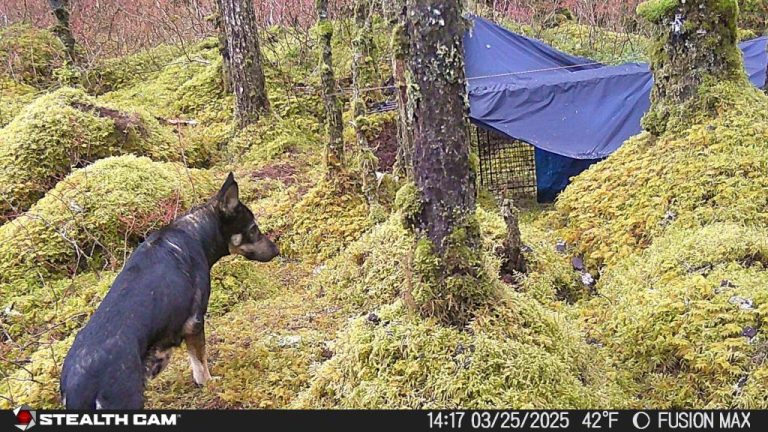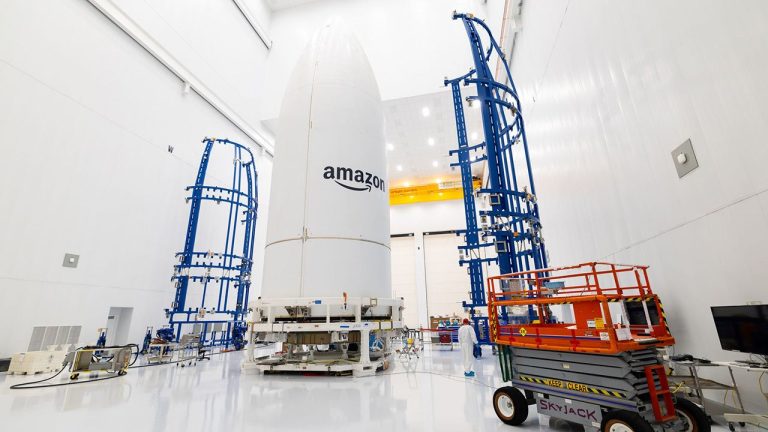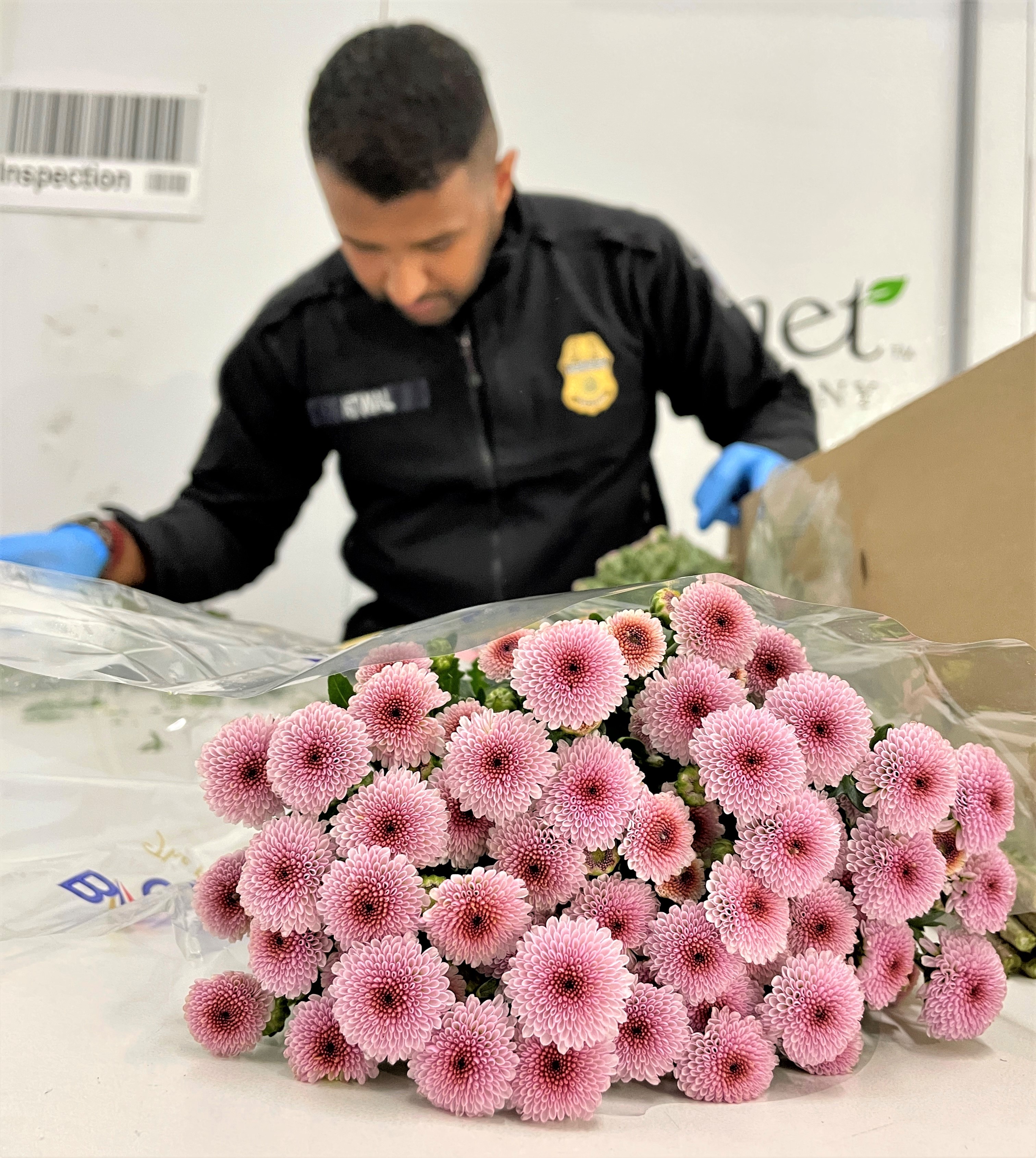
LOS ANGELES—U. S. Customs and Border Protection (CBP) agriculture specialists at Los Angeles International Airport (LAX) are racing against the clock to ensure all imported Mother’s Day cut flowers arrive on time, but most importantly are free of pests and diseases that could harm the agricultural industry and economy of the United States.
According to industry statistics about 80% of cut flowers sold in the United States are imported. The weeks leading to Mother’s Day are the year’s busiest season, when millions of cut flower shipments arrive from Ecuador, Colombia, Netherlands, Thailand, and Australia. The top three cut flower stems imported are Roses, tulips, and dendrobiums (orchids).
With over 36 million cut flower stems processed during the 2022 Mother’s Day season (April 4 – May 8), LAX ranked second port of entry in the nation in volume after Miami. During this time, CBP agriculture specialists intercepted 358 pests of varying species on cut flower shipments.
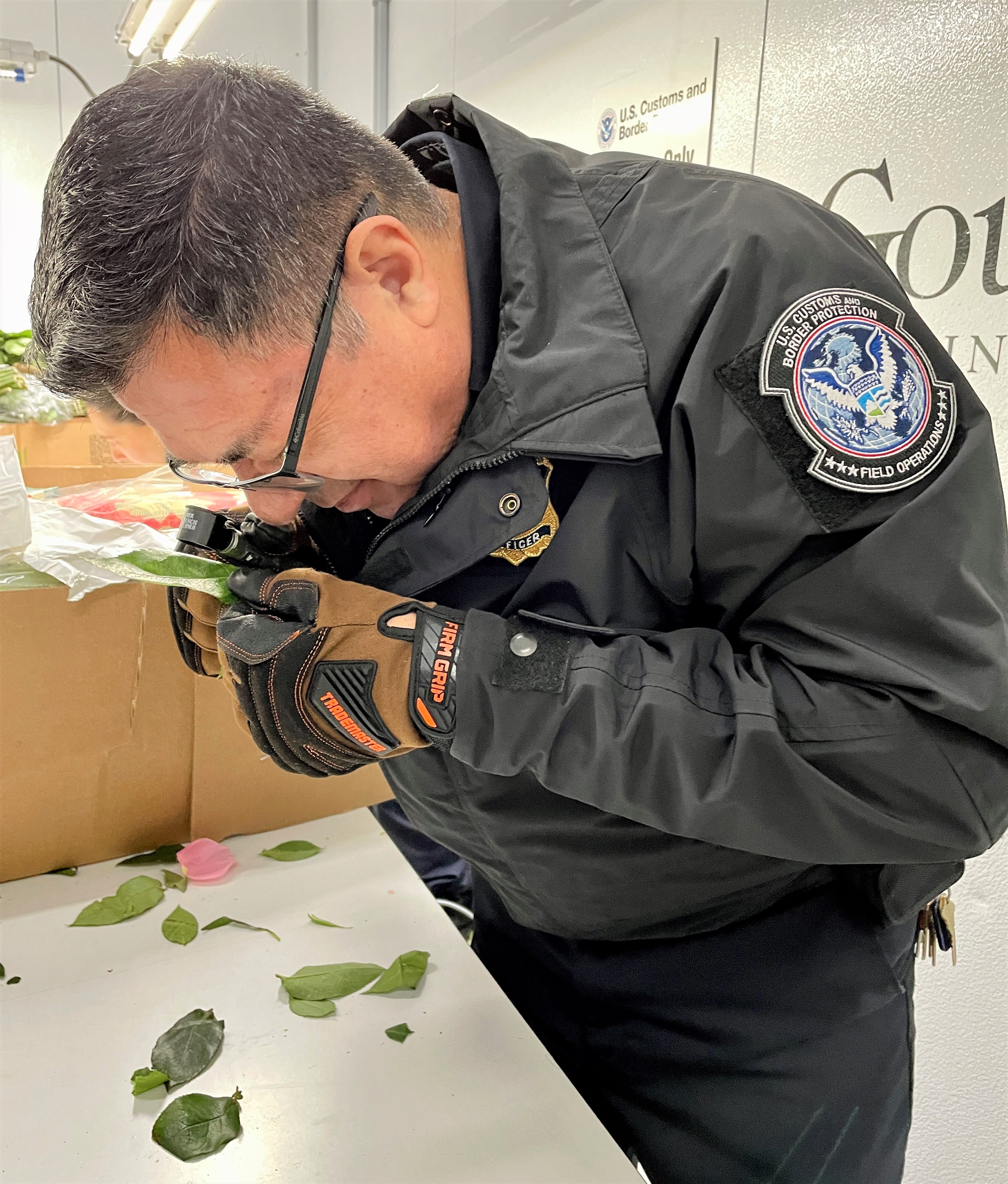
“It is critically important not only to consumers, but to the vitality of the U.S. economy that cut flower imports are carefully inspected by CBP agriculture specialists,” said Carlos C. Martel, CBP Director of Field Operations in Los Angeles. “Some of these flowers may carry hitchhiking pests and diseases that could cause millions of dollars in damage to the U.S. agriculture sector.”
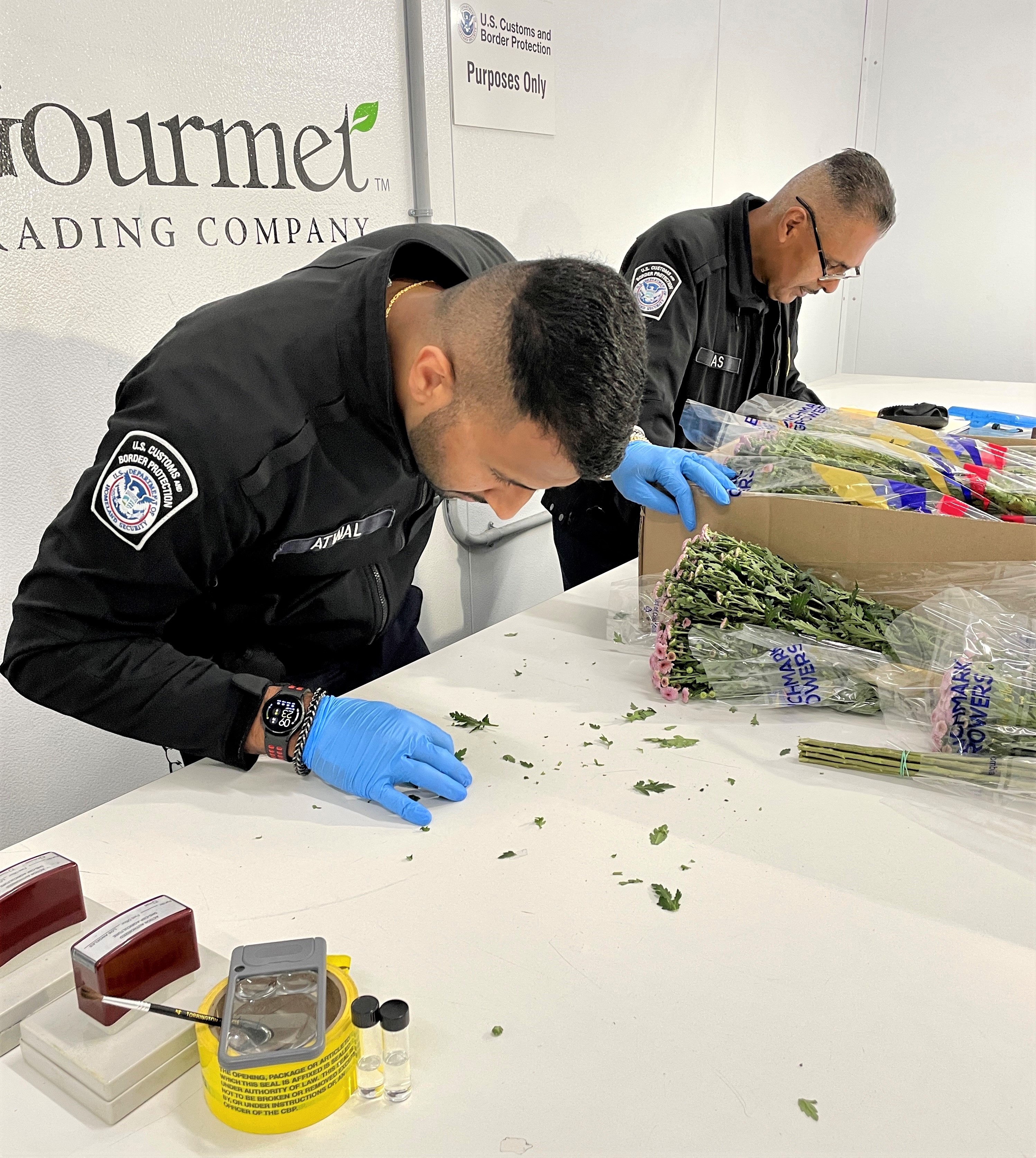
Insects most commonly found attempting to sneak into the UnitedStates on these cut flowers are species of Aphididae (Aphids), Frankliniella (Thrips), Noctuidae (moths), Agromyzidae (Miner Flies), and Tetranychus (mites). A single pest could result in yield and quality losses for America’s agriculture industry.
“CBP’s close collaboration with floral industry stakeholders has resulted in an unwavering commitment to facilitating the importation of these flowers while ensuring the interception of any hitchhiking pests to protect American agriculture,” said Cheryl Davies, CBP Port Director of Los Angeles International Airport.
CBP recommends that people who wish to import flowers, plant materials, and other agricultural items consult the CBP Information Center section on the CBP website or call (877) 227-5511. Travelers should also declare all items acquired abroad to CBP officers to avoid civil or criminal penalties and reduce the risk of introducing pests and disease into the United States.
CBP now offers the CBP One mobile app, which allows travelers to request a variety of CBP services, including inspection of agricultural products. The CBP One app can be downloaded for free from the Apple App Store or Google Play.

